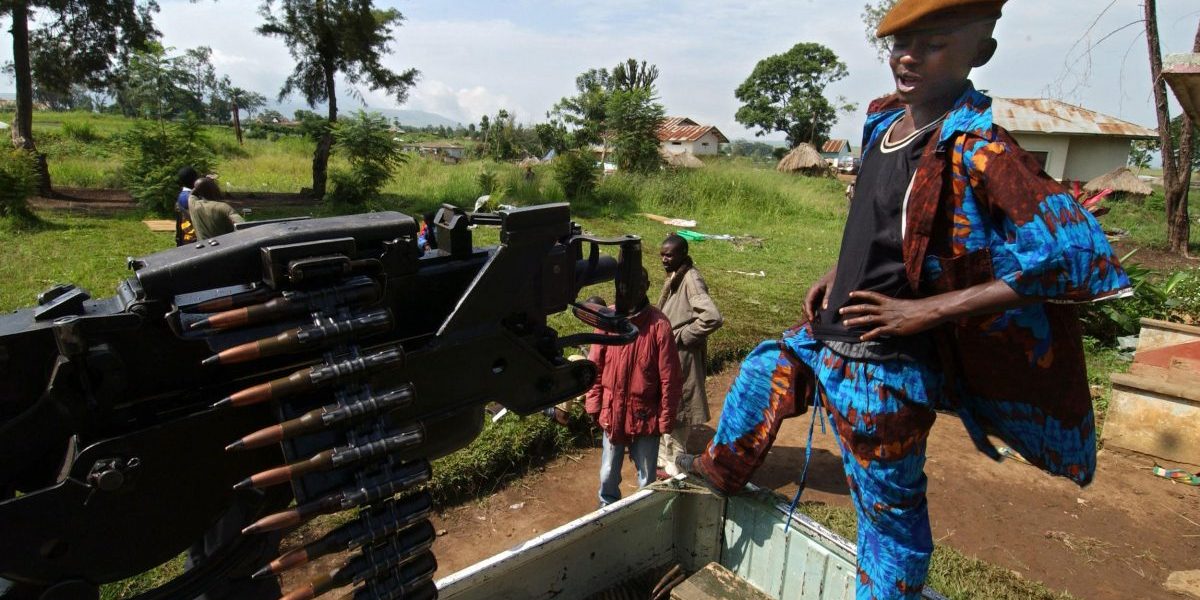At the AU, allegations of bias and calls for non-cooperation with the ICC are frequent: the power of the UN Security Council, the application of universal jurisdiction, the question of immunity and the effectiveness of retributive justice are some of the issues being raised. The breakdown in relations has also seen increased efforts to create a regional framework for the delivery of international criminal justice in Africa. Indeed, the experiences of hybrid mechanisms such as the Special Court for Sierra Leone and the Extraordinary African Chambers are proof that, where there is political will, the cause of justice in Africa can be advanced. However, there has been little enthusiasm for similar efforts at a continental level. The ratification rate of protocols that will enable the prosecution of international crimes by an African court, thereby addressing many of the concerns raised by African leaders, has been disappointingly slow. The unacceptable consequence is that serious crimes on the continent continue to go unpunished.






